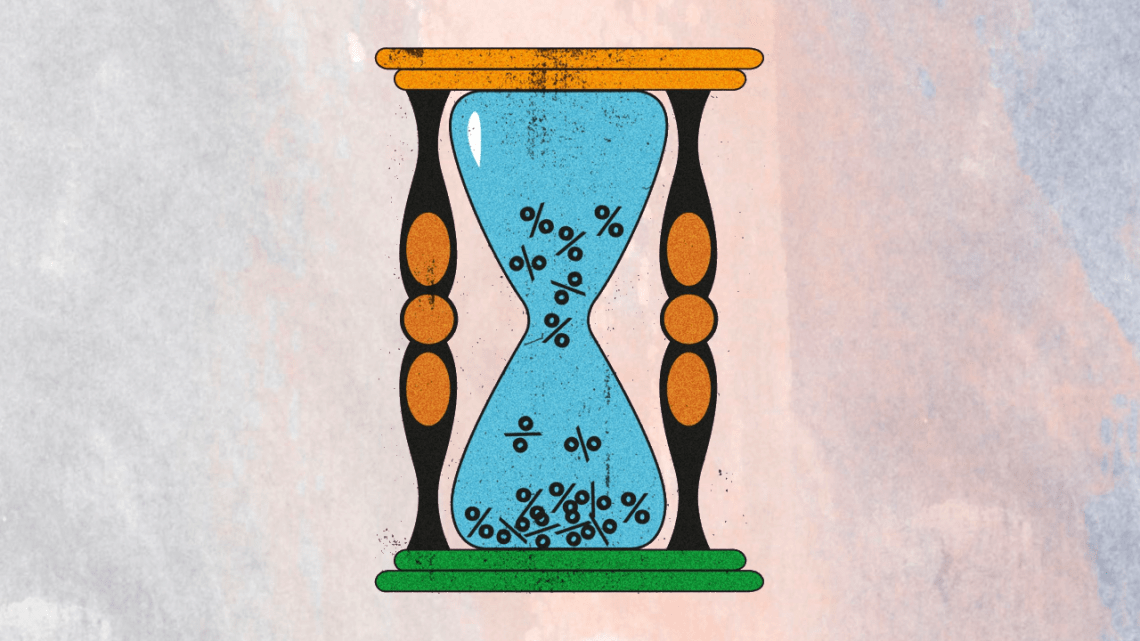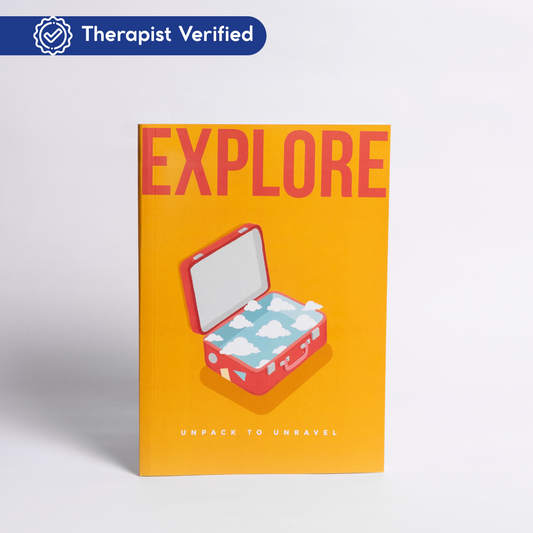We are living through unprecedented times, the effects of the pandemic are not only felt in the now but will also be felt for many years to come. COVID-19 reshaped our engagement with each other and ourselves. The past year has emphasized a much-needed need to focus on emotional and mental wellbeing.
India, a country that allocated 0.05% of their budget to mental health is home to over 1.2 billion people. The allocation of funds is 40crore towards mental health; this in no way reflects the need of mental health support in India. Research by NIMHANS, in 2016, state that 1 in 20 people have depression, thus suggesting the treatment gap could be as high as 88%.
The stigma, poor infrastructure, lack of financial backing, unregulated and unclear guidelines by the government makes joining the field of mental health as a profession undesirable to many. For example, my graduating class in clinical psychology had 30 students of which only 4 are practicing psychologists in India.
To tackle the concern of stigma, increase responsible awareness, and create mental health support systems we need a significant increase in the workforce of mental health professionals. Our country needs more individuals who actively engage with this field as a profession and not only as volunteers for a few hours every week (please note I’m very grateful for all the support the field gets even if it is a few minutes spent towards advocacy).
When one decides to take up a profession as a mental health worker (psychiatrist, psychologist, mental health social worker), they are committing to a role that will dictate a lot of external constructs for themselves like their bank balance and status in society. In high-demand professions individuals are willing to consistently skill-up, climb the ladder, take on challenges and create a difference within the organization because of the monetary compensation, the ability to make a difference, respect within the organization and society that they begin to receive at the very beginning of their career. Sadly, mental health professionals do not experience this.
Un/fortunately, monetary compensation is key because without this survival becomes a struggle. The biggest deterrent to joining the mental health workforce, in my opinion, is the lack of fair pay in the field. Very often, mental health professionals are treated as volunteers, expected to work for free, and given little recognition for the emotional labor they go through everyday. Thus making joining the profession unappealing, and the key in bridging the gap is having more mental health professionals.
Organizations need to stop viewing mental health care as charity, expecting professionals to work for free. They need to start viewing it in a similar light as physical health. It begins with organizations willing to pump in money, take risks and create support systems. It also means connections need to be built between different fields such as introducing the element of technology, art and business in mental health care. For this to happen we as mental health professionals need to get creative – find ways to make therapy affordable, manage the emotional labour and earn well (I know it is not easy!). There should be a long term vision, just like a scalable business plan, that works towards creating self-sustainable organizations that are high paying.
This transformation begins with organizations willing to pump in money, take risks and create support systems to ensure more people want to be mental health professionals because they can be appropriately compensated, create a difference and receive the respect they desire from society. Organizations like YourDost, Wysa, InnerHour, Trijog and MindHouse.
While attaching the word money to any helping profession is shunned, it is important to note that until and unless people do not believe they can earn at least a respectable and decent livelihood from a profession no amount of passion can make them stick to it. It is time mental health care becomes a space where individuals, from the very beginning, can be appropriately compensated.
I do not believe people do not desire to work towards creating safe spaces for emotional and mental wellbeing, all too often people have come up to me and said they wanted to be a psychologist but thought against it because of the stigma and poor compensation.
The contribution of mental disorders to the total disease burden in India in terms of DALYs( disability-adjusted life years) increased from 2.5% in 1990 to 4.7% in 2017. The country is at 2,443 DALYs per 1 Lakh population. In other words, when it comes to mental disorders, India has been going through an epidemic for a while now. According to WHO, India is estimated to suffer economic loss to the tune of $1.03 Tn between 2012 and 2030 due to mental health conditions.
Research by authors of the Lancet and WHO believe that a scaled-up investment in mental health aids in a substantial economic return, creates stronger communities, stronger families and an increase in the number of healthy years of the population. Effective treatment of patients suffering from depression led to a 50% rise in the proportion of patients undertaking income-generating activities. This figure was 30% among those with anxiety.
Data like this only re emphasises a growing need for individuals to start viewing mental health care as a space that has high demand and investment in this is profitable for the country. Direct investment in mental health organizations will not only lead to the upliftment of communities but also the economy.
Meet The Author:







